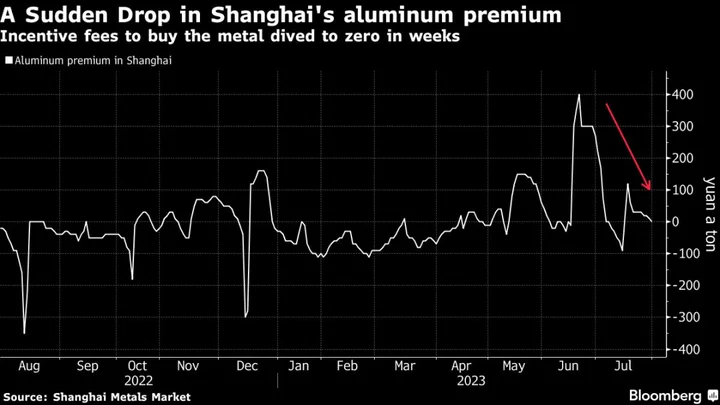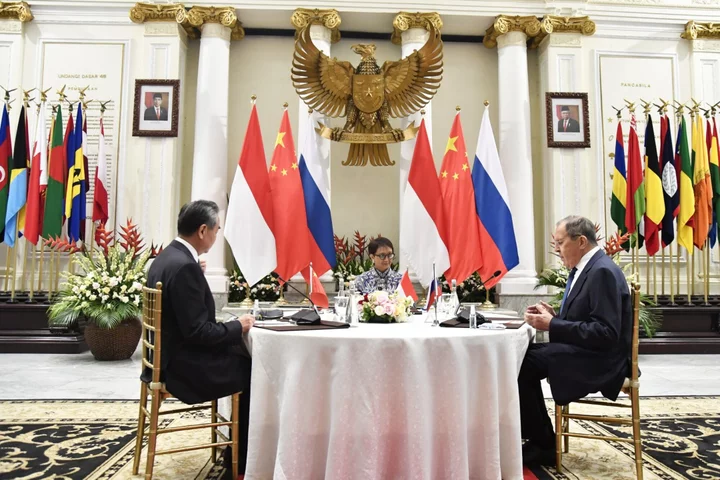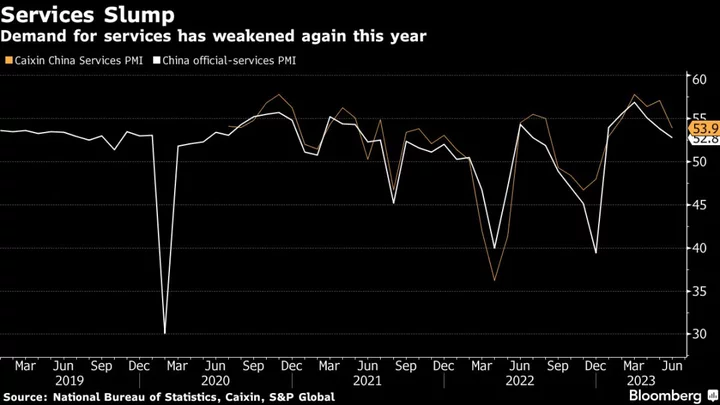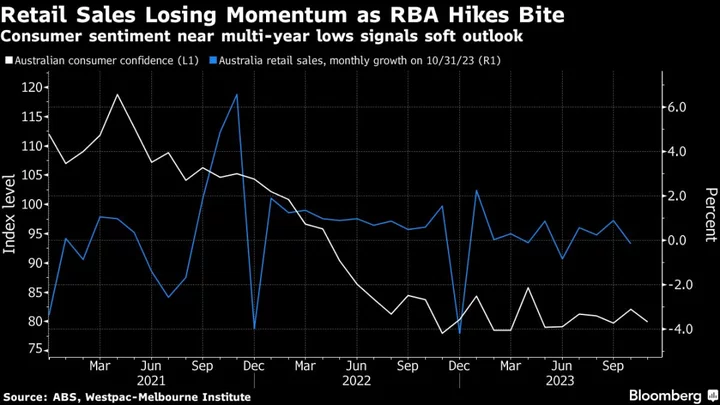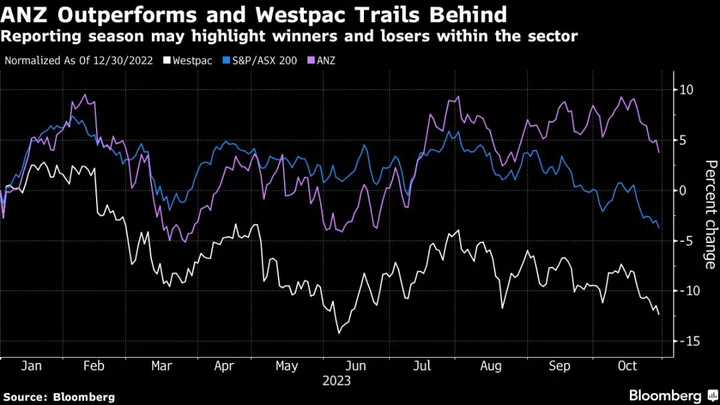Chinese authorities are intensifying a crackdown on some commodities transactions they view as offering little economic benefit, leading to a pullback by industry participants that’s poised to reduce both trading volumes and volatility in the domestic market.
Authorities have escalated probes into trades they suspect are being used to obtain cheap financing or government subsidies rather than serving the real economy, according to traders and officials with knowledge of the investigations.
Chinese commodity trading and its financing is vast but often opaque, and Beijing has long been eager to curb firms’ ability to deal in and hoard industrial commodities for profit, thereby pushing up prices for manufacturers and ultimately consumers. The recent escalation of official efforts comes at a time of regulatory leadership transition and as strained local government finances make it harder to crank up economic growth.
Nearly 20 traders, warehouse managers and smelter executives interviewed by Bloomberg News since April said the investigations have made some Chinese firms more hesitant to initiate new contracts in metals, chemicals and coal and have led to the termination of some existing supply deals. A trading unit of the Aluminum Corp. of China Ltd., the country’s top state-owned metals producer, cancelled some aluminum contracts with independent trading firms last month.
Traders said they expected the probes to lower trading volumes for some metals, reducing their ability to cash in on volatility.
“The move to intensify compliance checks into local subsidies and other suspected irregular behaviors on commodities trades is a proactive step to squeeze financial bubbles out of the industry and bring the market back to a more transparent order,” said Jia Zheng, a Shanghai-based trader with Shanghai Dongwu Jiuying Investment Management Co. ‘’I believe it will create a fairer market in the long term, even as some traders might be hurt seriously during the checks.”
China’s State-Owned Asset Supervision and Administration Commission warned in April that it will investigate trade financing used to inflate sales or those deals serving as collateral to access bank loans.
Government investigators have been auditing trade books, reviewing the background of counterparties and inquiring about details like financing and logistics to check if there has been any misuse of local government funds or fabrication of data connected to commodity trades, according to the traders, who asked not to be identified because of the sensitivity of the matter.
The Aluminum Corp. unit, China Aluminum International Trading Group Co., has notified several traders about the cancelation of the trades for the second half of the year, some traders said.
Aluminum Corp. of China Ltd., known as Chalco, didn’t respond to Bloomberg requests for comment. The Chairman of Chalco’s parent firm said the company must resolutely put an end to false trade and fraudulent accounts during its mid-year conference, according to the group’s official wechat account.
Some traders estimated that the Chalco unit logs more than 300,000-tons of primary aluminum sales each month and most had been suspended, although no actual number has been disclosed officially. This means large volumes of the metal are likely to be delivered directly to manufacturers, bypassing traders.
As a result, data from consultancy Shanghai Metals Market show that aluminum premiums — incentives paid by buyers to traders — have already fallen from a peak of 400 yuan per ton to zero in five weeks.
Trading opportunities might be reduced together with lower volatility in spot premiums due to less hoarding in warehouses, traders said. But the impact on China’s commodities imports is still unclear as global supply and demand is the dominating factor.
Local Subsidies
From Shandong to Zhejiang, some local governments had been offering trading firms incentives to register their trades in the region in order to boost economic data. Traders would import the commodities from the free trade zone into local warehouses based on agreements with the governments.
The payments range from 200 yuan to 500 yuan a ton for copper. The incentives aren’t delivered immediately, and are usually handed out only monthly or quarterly. Some traders are concerned they might not be able to receive some of the money because of the probes.
Chinese traders, especially small private ones, already suffered from declining margins from a slow economic recovery. The troubles of copper trading titan Maike Metals International Ltd. left some hopeful for larger market shares and more profitable imports. But that resurgence didn’t come.
The Chinese benchmarks for refined copper have been below the ones on the London Metal Exchange for most of this year.
For some other large-sized traders and their counterparties, the investigations introduced another challenge. They were told by the governments that so-called back-to-back transactions, an arrangement involved one trader selling one cargo and purchase the same good back from another trader after rounds of deals, would no long be counted as valid sales for accounting purposes because some deals are clustered without any physical movement of the materials.
The move, if fully executed, might reduce the revenues of these traders and the credit they could obtain from lenders.
Now, traders said some state firms have started attempting to acquire processing capacities so that their trades can be linked with production facilities.
--With assistance from Winnie Zhu.

